
Dandruff is a common skin issue that is regarded more as a cosmetic problem than as a serious health concern. Suffering from dandruff can be both frustrating and embarrassing, but fortunately there are many ways to get rid of it once and for all.
What is dandruff?
Dandruff or seborrhea is a form of dermatitis that affects those parts of the body that have high production of lubricating skin oil called sebum. Seborrhea can affect scalp, face, ears, chest, shoulders, back and skin folds. The exact cause of this skin condition is unknown but many experts suspect that a yeast called Malassezia furfur may be responsible for it.
Seborrhea of the scalp often causes dandruff. It is characterized by tiny flakes or scales of skin that detach from the scalp and remain in the hair. Since the patches of skin are whitish, they are often highly visible in the hair and on the clothes too, which causes frustration and embarrassment. The unsightly appearance of the head affected by dandruff is often the main cause of concern, although sometimes dandruff can cause itching as well.
Dandruff does not cause hair loss. If the scalp is scratched violently, the skin can suffer from damage and become prone to infection, which may, in theory, lead to localized hair loss.
Treatment for acute dandruff
The treatment for dandruff focuses on reducing the inflammation, usually through cortisone creams and other topical solutions, or by reducing the number of yeast present in the scalp. Even though yeast does directly cause dandruff, it can aggravate the problem and make it more difficult to treat.
Changing some hygienic habits, switching to another brand of shampoo or keeping the scalp moisturized can help in cases of mild dandruff. If this does not help, more extensive treatment should be adopted.
There are special medicated shampoos containing ingredients that fight dandruff. Some, like T-Gel, contain tar, Head & Shoulders in based on zync pyrithione, and there are those containing salicylic acid, selenium sulfide and ketoconazole. These shampoos can be used all the time or just once or twice a week, depending on the amount of dandruff. It is important to note that they will not give results immediately - it is usually required to use them for several weeks before dandruff starts to subside.
Cortisone and anti-fungal creams can also be used. It may be difficult to apply them, especially if the hair is long, and they do make the skin look greasy and unclean, but their effects, especially on irritated and itchy scalp, are very good.
If these over-the-counter solutions fail to work against dandruff, it is recommended to see a dermatologist who will provide prescription-strength shampoos, creams and lotions.




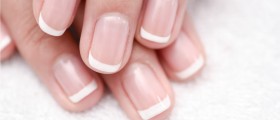
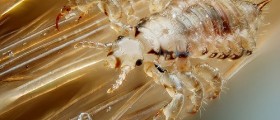
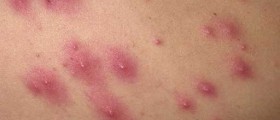
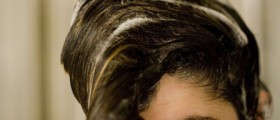
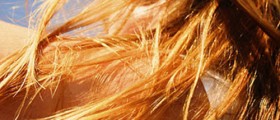
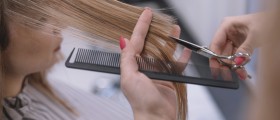
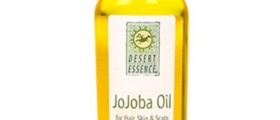


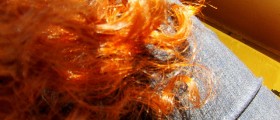



Your thoughts on this
Loading...